The government has unveiled its Spending Review for 2020. What does this mean for convenience retailers?
Chancellor Rishi Sunak delivered the Spending Review 2020 statement which outlines government spending over the next 12 months. Will the measures provide support for retailers over the next year at a time when financial confidence is low?
Business rates
In the Spending Review, the government announced that the business rates multiplier will be frozen in 2021-22. According to the government, this freeze will save businesses in England £575 million over the next five years. The government is also considering options for further Covid-19 related support through business rates reliefs and in order to ensure that any decisions best meet the evolving challenges presented by Covid-19, the government will outline plans for 2021-22 reliefs in the New Year. The current 100% business rates relief holiday for retail, hospitality, leisure and childcare sectors is due to expire at the end of the 2020/21 financial year.
This move was cautiously welcomed by Association of Convenience Stores (ACS) chief executive James Lowman. “This is good news in that it reduces the extent to which business rates bills may increase in April 2021, but the businesses that have suffered during the Covid-19 crisis can’t be expected to go back to paying full business rates in the next financial year. The government’s plans for rate relief in 2021-22 are going to be very important and we need to hear effective measures as soon as possible in the new year.”
ACS had previously called on the government to ensure that the reintroduction of business rates is tapered so that retailers are not hit with large bills whilst still managing their recovery from the Covid-19 pandemic.
Minimum wage
In the Review, Sunak also confirmed that the government have accepted the Low Pay Commission’s recommendations in full for wage increases in 2021. From April 2021, the National Living Wage rate will rise to £8.91 per hour, a 2.2% increase on current rates. The National Living Wage will also apply for all staff aged 23 and over (currently aged 25 and over).
Lowman reacted more positively to this measure. “These are extraordinary and challenging times for businesses. Wage costs remain the biggest cost in a convenience store business, so a more restrained National Living Wage Increase will help struggling businesses to keep more colleagues employed rather than having to plan a cut in hours or headcount.
“Our research into the working lives of the 412,000 colleagues in convenience demonstrates how important the local, flexible and secure jobs that stores provide are, and we will continue to work closely with Government and the Low Pay Commission to detail the impact of rising wages on the convenience sector and the uneven impact of Covid-19 this year.”
The current National Living Wage and Minimum Wage rates is £8.72 per hour for those aged 25 and over, £8.20 for those aged 21–24, and £6.45 for ages 18-20.
ACS had submitted written evidence to the Low Pay Commission earlier this year citing examples of how retailers have responded to the 2020 National Living Wage rate by:
- increasing the hours worked in the business (64%)
- taking lower profits from the business (56%)
- reducing staffed working hours (48%)
In its report on recommendations for the 2021 wage rate, the Low Pay Commission refer to concerns raised by ACS about retailers taking on more hours in the business themselves, as well as the significant impact that the pandemic has had on stores that rely on office workers, commuters and transient trade.
The measure was less well-received by the Federation of Independent Retailers (NFRN) who warned that it would have an adverse impact on jobs in the sector.
National president Stuart Reddish said: “We would all like to pay our staff more, but the headline increase in the wage rate does not include the increase in national insurance and pension contributions that employers also have to pay.
“Given that many of the items on sale in our 11,000 members’ stores – particularly newspapers and magazines – are price marked, retailers are unable to increase prices to cover these additional payrolls costs.
“Independent retailers have already been hit hard by the COVID pandemic, with many having to reduce staff levels and hours and take on more of the work themselves. This increase to the national minimum wage will only make matters worse. At a time when small businesses need help and support more than ever, this move by the government feels like a kick in the teeth for those that are already struggling to survive.”
Sustainability
The Spending Review also provided funding for the Prime Minister’s Ten Point Plan, which has set out the government’s vision to tackle climate change that may change the forecourt sector as we know it. In the statement, Sunak said: ”As transport is one of the highest-emitting sectors, SR20 prioritises investment to transition to zero emission vehicles, including by providing £1.9 billion for charging infrastructure and consumer incentives.”
Crime
Sunak also said the Review ”provides the police with the resources they need to tackle crime”, with more than £400m additional funding to continue the recruitment of 20,000 additional police officers by 2023. This funds recruitment of an extra 6,000 officers in 2021-22, on top of £750m provided at SR19 to recruit the first 6,000 officers and pay for the infrastructure for all 20,000.






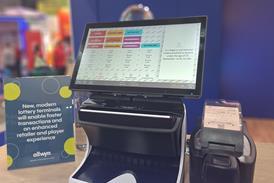
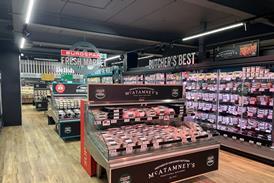
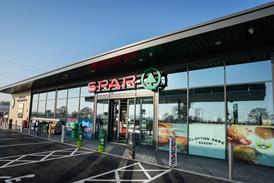


![WG-4003[58]](https://d2dyh47stel7w4.cloudfront.net/Pictures/274x183/4/5/1/353451_wg400358_6083.jpg)









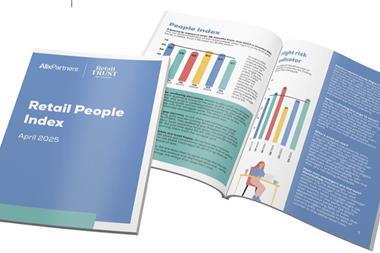


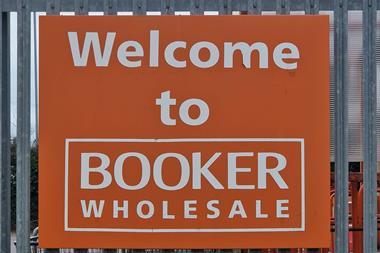
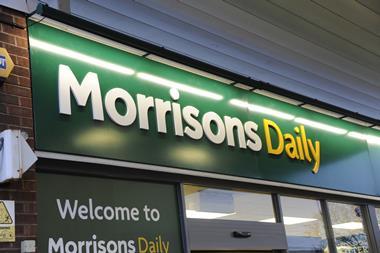

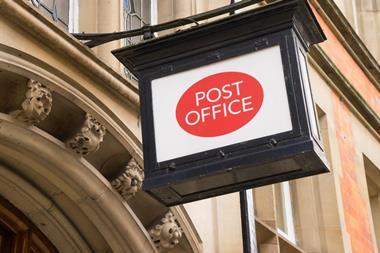

No comments yet